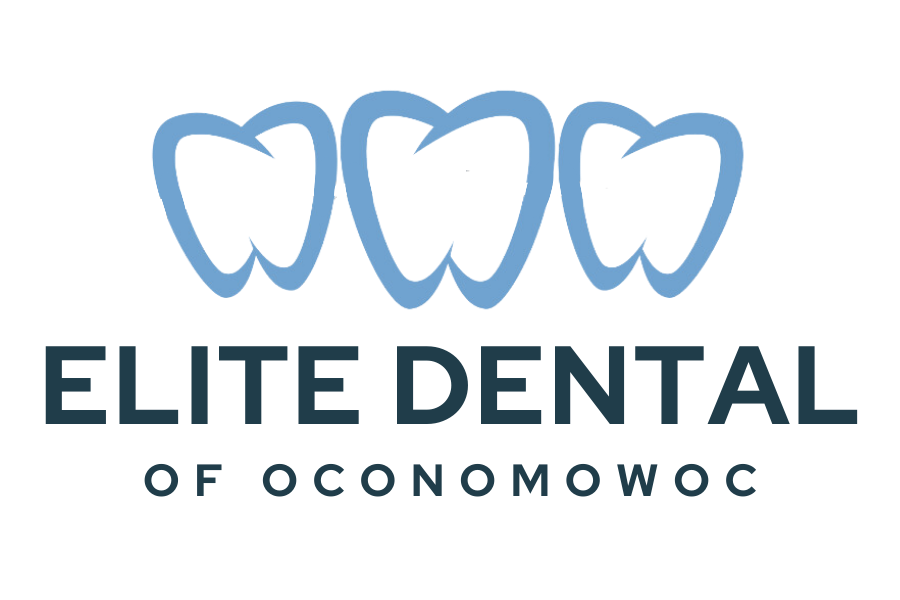Mouth-Healthy Eating

Below is an excerpt from an article found on Colgate.com that was Reviewed by the Faculty of Columbia University College of Dental Medicine
If you want to prevent cavities, how often you eat can be just as important as what you eat. That’s because food affects your teeth and mouth long after you swallow. Eating cookies with dinner will do less harm to your teeth than eating them as a separate snack. Of course, overall poor nutrition can contribute to periodontal (gum) disease. It also can have other long-term effects on your mouth. Learning how food affects your oral health is the first step toward mouth-healthy eating.
Immediate Effects of Food
Changes begin in your mouth the minute you start to eat certain foods. Bacteria in your mouth make acids. The acids start the process that can lead to cavities.
How does this happen?
All carbohydrate foods eventually break down into simple sugars: glucose, fructose, maltose, and lactose. Fermentable carbohydrates break down in the mouth. Other foods don’t break down until they move further down the digestive tract.
Fermentable carbohydrates work with bacteria to form acids that begin the decay process and eventually destroy teeth. They include the obvious sugary foods, such as cookies, cakes, soft drinks, and candy. But they also include less obvious foods, such as bread, crackers, bananas and breakfast cereals.
Certain bacteria on your teeth use the sugars from these foods and produce acids. The acids dissolve minerals inside the tooth enamel. The process is called demineralization. Teeth also can regain minerals. This natural process is called remineralization. Saliva helps minerals to build back up in teeth. So do fluoride and some food.
Dental decay begins inside the tooth enamel when minerals are being lost faster than they are being regained.
To read the entire article visit Colgate.com.
The remainder of the article details the following:
- more information on the Immediate Effects of food
- information on the Long-Term Effects of food
- information on What to Eat
Drs. Leaman, Setnicar & Piacsek, S.C.
James Leaman DDS, Joseph Setnicar DDS, Stacie Piacsek DDS
820 Summit Avenue
Oconomowoc, WI 53066
262-567-4466
